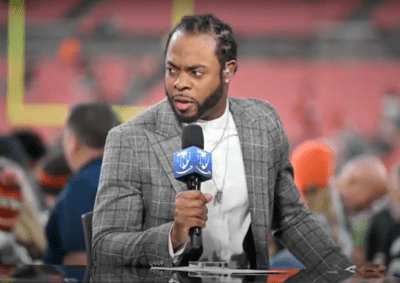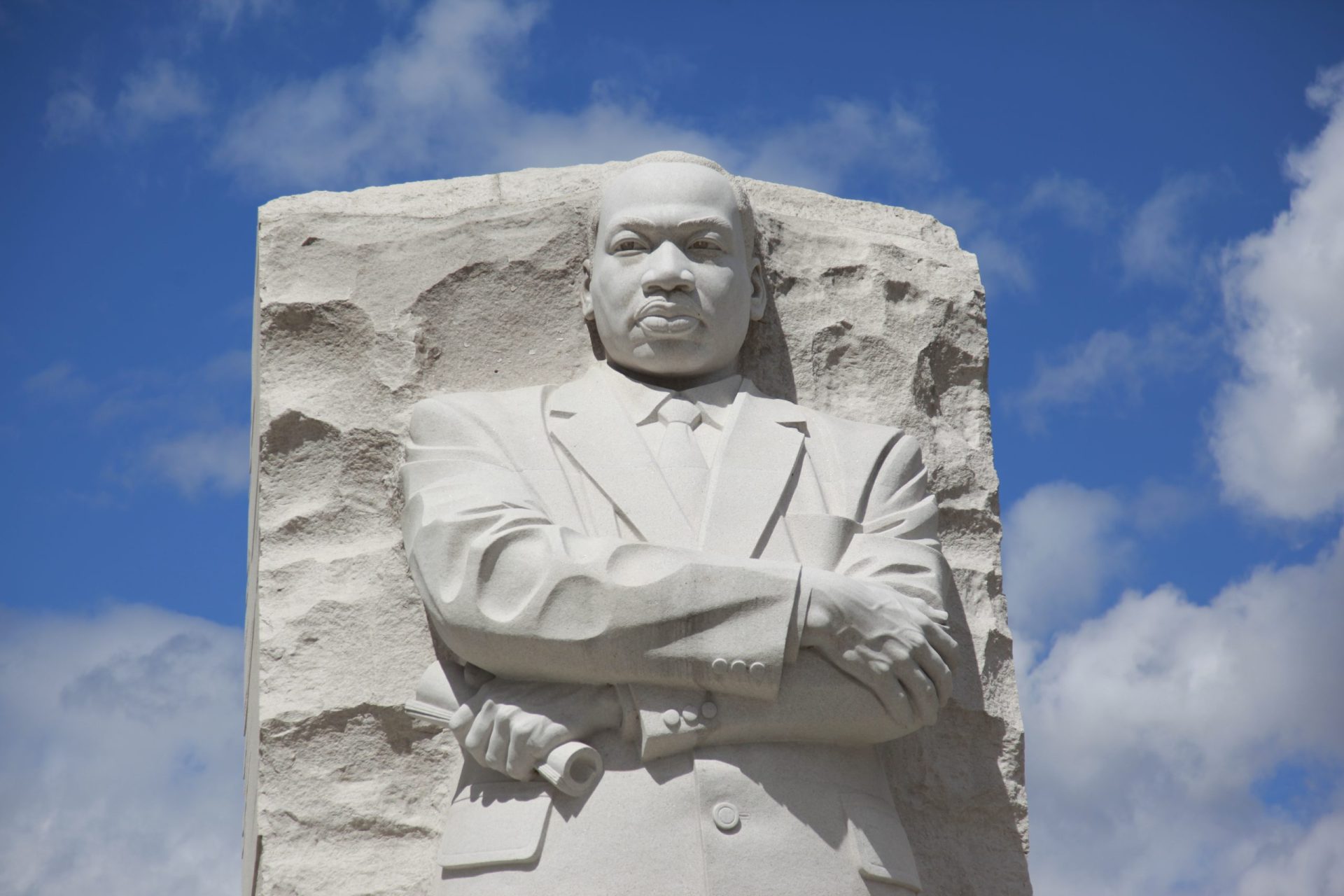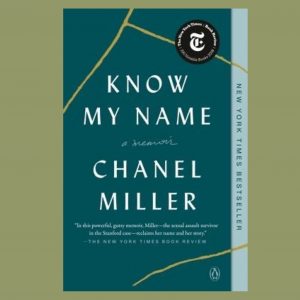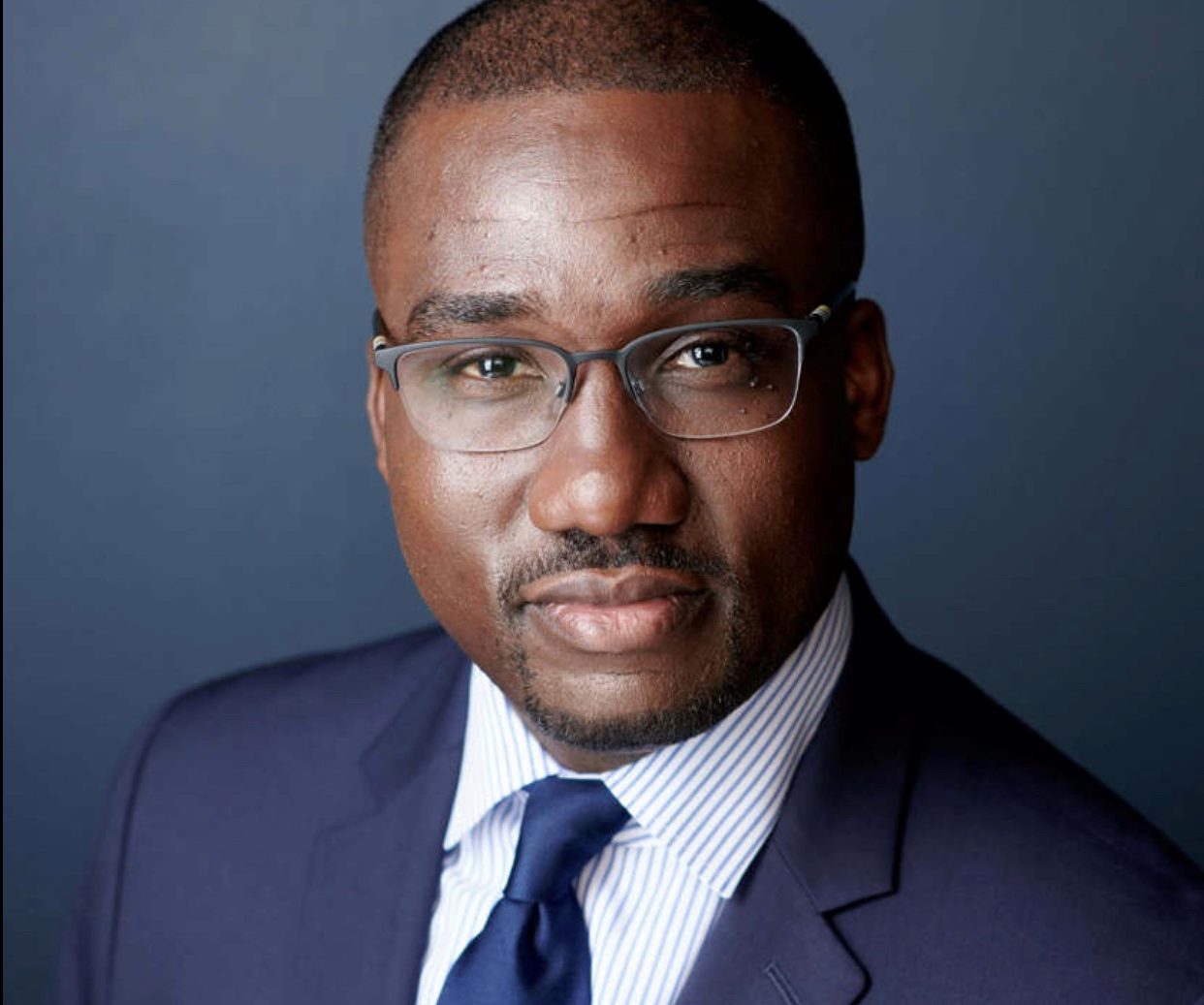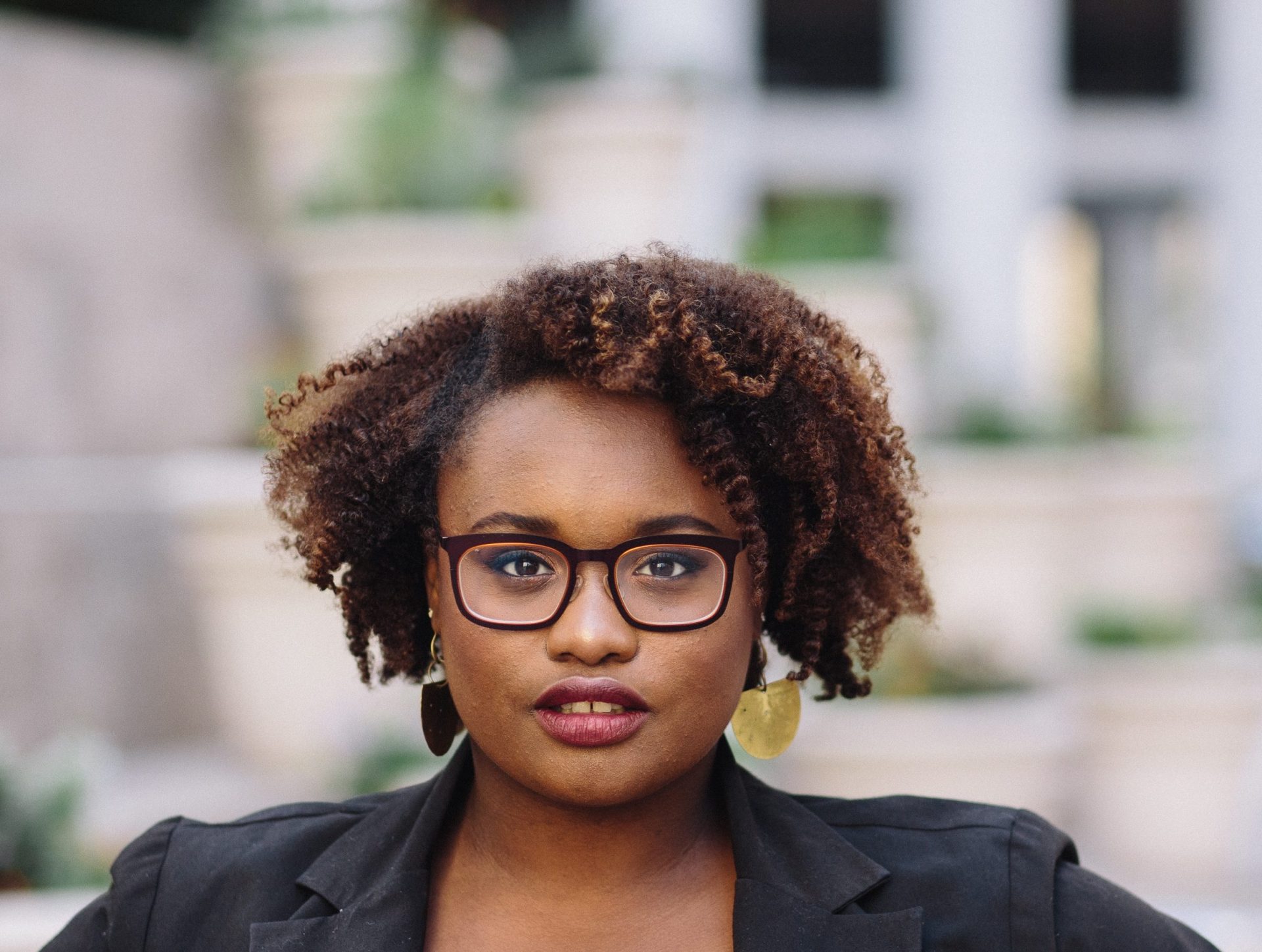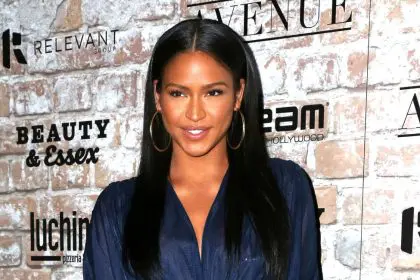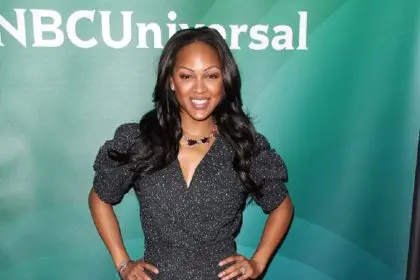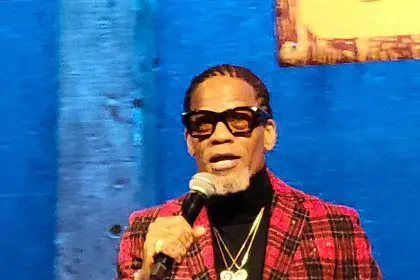
Ralph Richard Banks, a Jackson Eli Reynolds Professor of Law at Stanford Law School, has written an insightful and compelling book that every marriage-hopeful black woman should read. It’s titled, IS MARRIAGE FOR WHITE PEOPLE? How the African American Marriage Decline Affects Everyone and is due out on Sept. 1.
Here, Banks offers candid and thoughtful responses to questions posed by a confident, single woman. –yvette caslin
The title of this book alone challenges churchgoing black folks’ ideals. We believe that marriage is important for us to be Christ-like and shame on you for implying otherwise. What do you have to say to get people past this level of thinking so they will read this book and understand its value?
The title is not meant to challenge people’s commitment to marriage; quite the contrary, the title is meant to underscore just how unmarried we, as African Americans, have become, so unmarried in fact that some black children might be forgiven for assuming, based on their observation of the adults in their lives, that marriage is only for white people, and that black people don’t do marriage. The title is meant to underscore the reality that there is a crisis in relationships between black men and women, and then the book explores its consequences and how black women have and should respond.
You say: “If more black women married non-black men, more black men and women would marry each other.” Why do you believe this is true?
One of the reasons that some black men don’t marry is that, put simply, there are so many desirable black women, that the men feel little reason to commit to a relationship with any single woman. Black women are in no position to demand fidelity or commitment from black men because, due to the numbers imbalance, black men have much better options outside the relationship and hence more power within. The only way for black women to level the playing field, so to speak, is to open themselves to relationships with men of other races. If they did so, then, as you say brothers might realize that they “need to hurry up” and stop taking black women for granted.
Have you taken into account that black women don’t marry outside of their race because they don’t necessarily make the first move and wait to be approached by men of other races? A black woman could go her entire life and never be asked out on a date by men of other races. What is your take on this?
I think you’re right that there is a lot of misunderstanding between black women and men of other races. There are a whole host of reasons that nonblack men may not approach black women. One is that some men are intimidated by black women, who they perceive as strong, or don’t feel they know how to approach a black woman. And sometimes when the man does express interest, the woman may unintentionally ignore it, because she’s not expecting a white, Asian or Latino guy to be interested in her. It is also difficult for many women to form relationships across racial lines due to the racial segregation of friendships, neighborhoods, churches and so forth. A common way to meet people is through friends from school or work, say, and if those networks don’t include a lot of nonblack people, then one is not likely to meet many nonblack men.
Are you married? If so, is your wife white, black or other?
My wife is African American; we both grew up in Cleveland, Ohio. We have three children.
What is the black man’s responsibility in all of this? You’re an educated black man, do you encourage black men to marry black women? Jewish, Italian, Asian, Indian people, etc., for the most part marry within their race. Is it unrealistic for blacks to adopt this view?
A friend told me long ago, “Love who you can and be happy,” and I think that is good advice. That’s the path that other groups are taking. Jews, Italians, Indians, they all marry outside their group at rates much higher than do African Americans. I am not saying the black culture and identity are unimportant, but I am saying that in a society as diverse as ours we should not insist on segregating ourselves from the broader nation. Black women need to accept that they are not sacrificing their blackness, or forsaking the race, if they find love with a man of a different race.
Is there anything wrong with marrying down in terms of economics and education to preserve the black family? Why or why not?
There is nothing wrong with marrying down. Many relationships work well between partners who have different educational or earning levels. So I don’t want to be interpreted as suggesting that it is always a mistake for a college-educated woman to partner with a man who only graduated high school. But I do think that shared economic status and educational experiences contribute to compatibility, and that when we envision potential partners we often devote too little weight to class and too much weight to race. I think that many college-educated black women in particular would form better intimate relationships with nonblack college classmates or co-workers than with black men who never went to college. The black family is not bolstered by forming rocky relationships with black men. Better to have a good relationship, and a stable family structure, even if the man isn’t black. That’s the bottom line.

